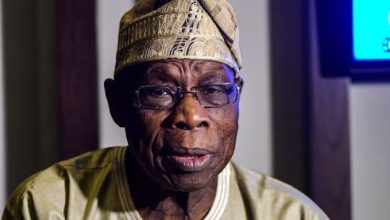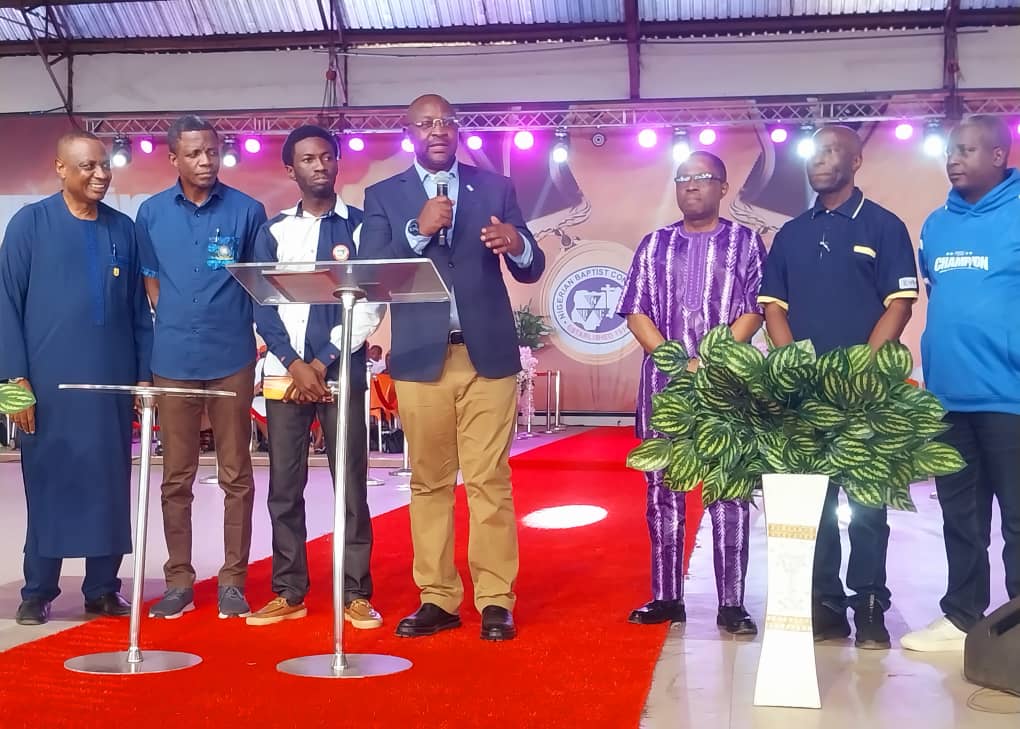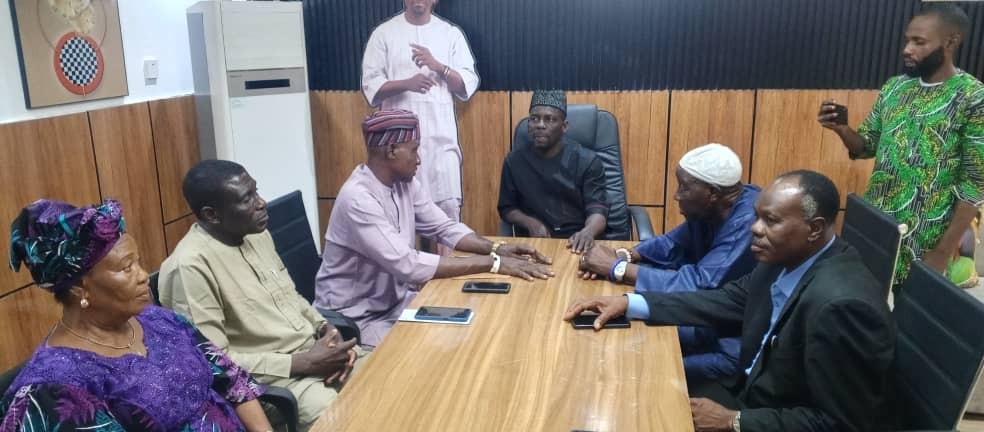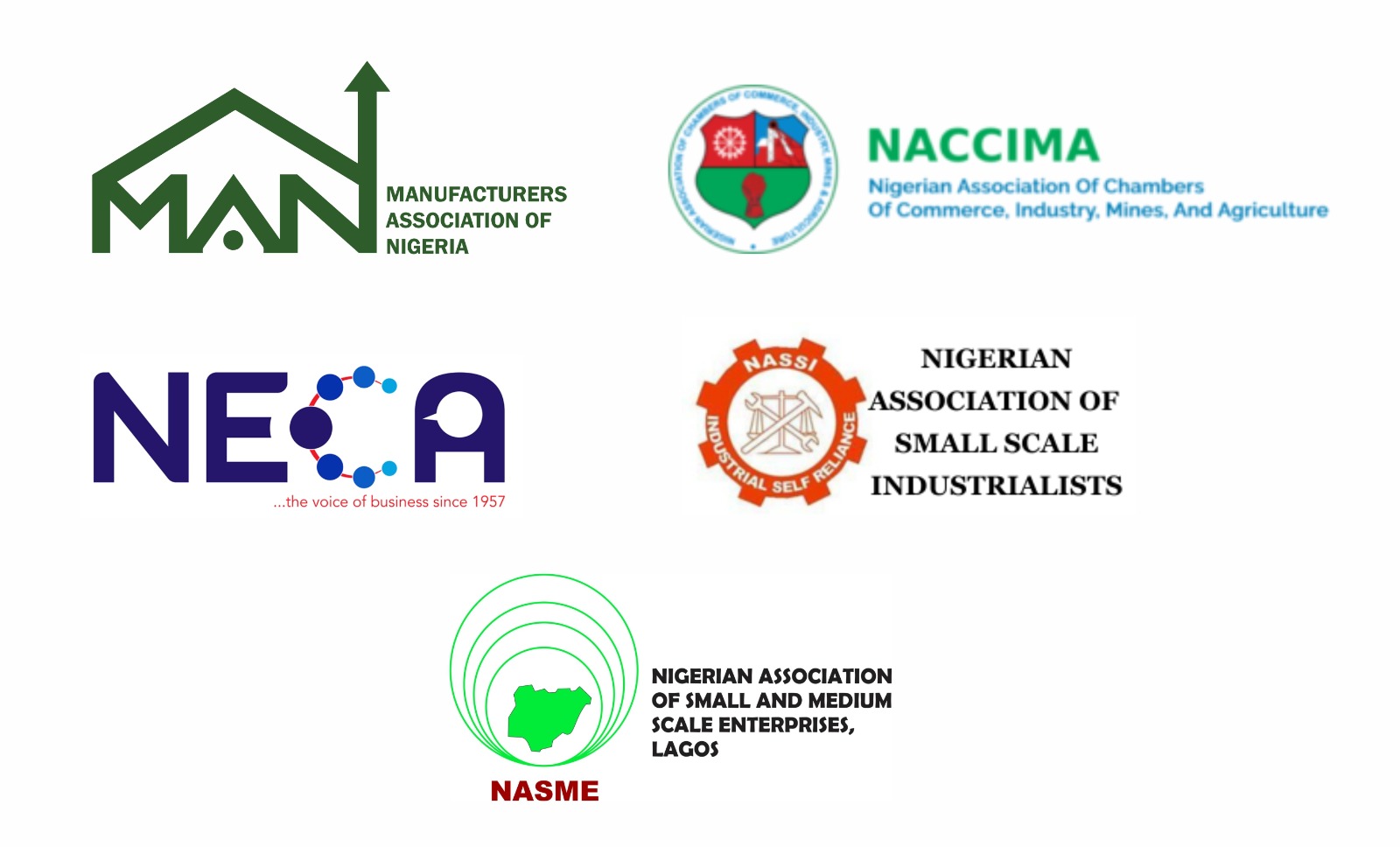In a recent public address, former Nigerian President Olusegun Obasanjo sparked widespread debate by describing constituency projects as “daylight robbery.” Speaking at an event in Abeokuta, Ogun State, Obasanjo criticized the practice, accusing lawmakers of exploiting these projects for personal gain at the expense of the Nigerian public. His remarks have reignited discussions about transparency, accountability, and the effectiveness of governance in Nigeria’s democratic system. This article delves into the controversy surrounding constituency projects, examines Obasanjo’s critique, and explores the broader implications for Nigeria’s political and developmental landscape.
Understanding Constituency Projects in Nigeria
Constituency projects, often referred to as “zonal intervention projects,” are government-funded initiatives allocated to specific constituencies through the federal budget. These projects are intended to address local needs, such as infrastructure development, healthcare, education, and poverty alleviation, by channeling resources directly to communities represented by members of the National Assembly. Each year, lawmakers nominate projects for their constituencies, which are then included in the national budget for execution by ministries, departments, and agencies (MDAs).
The concept of constituency projects emerged as a mechanism to ensure equitable distribution of resources across Nigeria’s diverse regions. With 360 House of Representatives members and 109 senators, the country’s legislative structure allows lawmakers to advocate for projects that reflect the priorities of their constituents. In theory, these projects bridge the gap between federal governance and local needs, ensuring that remote and underserved areas benefit from national development efforts.
However, the implementation of constituency projects has long been a subject of contention. Critics, including Obasanjo, argue that the process is riddled with inefficiencies, corruption, and mismanagement. Lawmakers are often accused of treating these projects as personal slush funds, selecting initiatives that benefit their allies or serve their political interests rather than addressing genuine community needs. Reports of abandoned projects, inflated contract costs, and substandard work have further eroded public trust in the system.
Obasanjo’s Critique: A Call for Accountability
During his speech in Abeokuta, Obasanjo did not mince words. He described constituency projects as a form of “daylight robbery,” alleging that lawmakers collude with contractors to siphon public funds under the guise of development. According to Obasanjo, the allocation and execution of these projects lack transparency, with lawmakers exerting undue influence over the selection and implementation processes. He argued that this practice undermines the principles of good governance and deprives Nigerians of the benefits of democratic representation.
Obasanjo’s remarks are particularly significant given his stature as a former president who served two terms (1999–2007) and played a pivotal role in shaping Nigeria’s post-military democratic system. His critique carries weight, as it comes from someone with intimate knowledge of the country’s political machinery. By labeling constituency projects as “daylight robbery,” Obasanjo highlights a systemic issue that has persisted across multiple administrations, including his own.
The former president’s comments also point to a broader issue of accountability in Nigeria’s governance structure. Lawmakers, who are entrusted with representing the interests of their constituents, often face accusations of prioritizing personal enrichment over public welfare. The lack of robust oversight mechanisms and the concentration of power in the hands of legislators have exacerbated these concerns, making constituency projects a lightning rod for criticism.
The Mechanics of Constituency Projects
To fully understand Obasanjo’s critique, it is essential to examine how constituency projects are conceptualized, budgeted, and executed. Each year, the federal government allocates a specific amount for constituency projects as part of the national budget. For instance, in recent budgets, approximately ₦100 billion has been earmarked annually for these initiatives, distributed among the 469 members of the National Assembly. This translates to roughly ₦200 million per lawmaker, though the exact amount varies depending on the budget and constituency size.
Lawmakers nominate projects based on the perceived needs of their constituencies, which could include constructing roads, schools, hospitals, or water supply systems. These nominations are submitted to the relevant MDAs, which are responsible for awarding contracts and overseeing implementation. In practice, however, lawmakers often influence the selection of contractors, leading to allegations of favoritism and kickbacks. Once projects are approved, funds are disbursed to the MDAs, but delays, mismanagement, and corruption often result in incomplete or substandard outcomes.
One of the most significant criticisms of constituency projects is the lack of transparency in their execution. Unlike other budgetary allocations, which are subject to rigorous oversight by agencies like the Bureau of Public Procurement (BPP), constituency projects often operate in a gray area. Lawmakers are not required to provide detailed reports on project progress, and there is little public access to information about how funds are spent. This opacity creates opportunities for abuse, as funds can be diverted or misappropriated without consequence.
Moreover, the quality of projects varies widely across constituencies. In some cases, projects are completed to a high standard, delivering tangible benefits to communities. In others, projects are abandoned halfway, with contractors disappearing after receiving payments. For example, a 2020 investigation by the Independent Corrupt Practices and Other Related Offences Commission (ICPC) revealed that over ₦2 trillion allocated for constituency projects between 2000 and 2019 could not be accounted for, with many projects either nonexistent or incomplete.
Historical Context: The Evolution of Constituency Projects
Constituency projects are not a new phenomenon in Nigeria. Their origins can be traced to the early years of the Fourth Republic, when the country transitioned to civilian rule in 1999. During this period, lawmakers sought ways to ensure that their constituencies benefited directly from federal resources, as centralized governance often left rural and marginalized areas neglected. The introduction of constituency projects was seen as a way to democratize development and empower legislators to address local challenges.
However, the system quickly became politicized. Lawmakers began using constituency projects as tools for patronage, rewarding loyal supporters with contracts or directing projects to areas that aligned with their political base. This practice undermined the original intent of the projects, turning them into vehicles for personal enrichment and political consolidation.
Obasanjo’s presidency was not immune to these issues. During his tenure, constituency projects gained prominence as a means of securing legislative support for executive policies. Critics argue that this period saw the institutionalization of the current system, with lawmakers gaining increasing control over project selection and funding. While Obasanjo’s administration implemented reforms to curb corruption, such as establishing the Economic and Financial Crimes Commission (EFCC) and the ICPC, constituency projects remained a weak link in the fight against graft.
The Broader Implications of Obasanjo’s Remarks
Obasanjo’s description of constituency projects as “daylight robbery” has far-reaching implications for Nigeria’s political and social fabric. At its core, his critique challenges the legitimacy of a system that allows elected officials to prioritize personal gain over public welfare. By calling out lawmakers, Obasanjo is drawing attention to the disconnect between Nigeria’s democratic ideals and the reality of governance.
One of the most significant consequences of this controversy is its impact on public trust. Nigerians already have low confidence in their political institutions, with many viewing politicians as self-serving and disconnected from the needs of ordinary citizens. The mismanagement of constituency projects reinforces this perception, as communities see little tangible benefit from the funds allocated in their name. For example, a 2021 survey by BudgIT, a civic organization focused on budget transparency, found that over 60% of Nigerians were unaware of any constituency projects in their areas, despite billions of naira being allocated annually.
The controversy also highlights the need for systemic reform. For constituency projects to fulfill their intended purpose, several changes are necessary:
Enhanced Oversight: Strengthening oversight mechanisms, such as requiring public reporting on project progress and expenditure, would increase transparency and accountability. Agencies like the ICPC and EFCC could play a more active role in monitoring fund disbursement and project execution.
Community Involvement: Involving local communities in the selection and monitoring of projects could ensure that initiatives align with genuine needs. Community-based organizations and civil society groups could serve as watchdogs, holding lawmakers and contractors accountable.
Clear Guidelines: Establishing clear criteria for project selection and implementation would reduce the discretion lawmakers have in choosing contractors and projects. This could include mandatory competitive bidding processes and standardized cost estimates.
Public Awareness: Educating citizens about constituency projects and their rights to demand accountability would empower communities to hold their representatives accountable. Public access to budget details and project reports could facilitate this process.
The Role of Lawmakers: Defenders or Culprits?
In response to Obasanjo’s remarks, some lawmakers have defended the constituency project system, arguing that it is a vital tool for addressing local needs. They contend that without these projects, many communities would be overlooked by federal development plans, which often prioritize urban centers and high-profile initiatives. Lawmakers also argue that their involvement ensures that projects reflect the priorities of their constituents, who they claim are best positioned to understand local challenges.
However, these defenses are often overshadowed by evidence of mismanagement. The ICPC’s 2020 report, for instance, detailed cases where lawmakers nominated projects that were either unnecessary or designed to benefit their associates. In one instance, a lawmaker allocated funds for a borehole project in an area with no water scarcity, while another awarded a contract to a company linked to their family. Such examples fuel the perception that constituency projects are less about development and more about personal enrichment.
The tension between lawmakers and critics like Obasanjo reflects a broader struggle within Nigeria’s political system. On one hand, legislators are expected to advocate for their constituencies and ensure equitable resource distribution. On the other, their actions are often scrutinized for signs of corruption and self-interest. Resolving this tension requires not only reforming the constituency project system but also addressing the underlying incentives that drive political behavior.
The Way Forward: Reforming Constituency Projects
Obasanjo’s critique, while provocative, is not the first call for reform, nor is it likely to be the last. Over the years, civil society organizations, policy analysts, and even some lawmakers have proposed measures to improve the constituency project system. These proposals aim to balance the need for local development with the imperative of transparency and accountability.
One potential solution is to decentralize the implementation of constituency projects, shifting responsibility from lawmakers to local government authorities. Local governments, being closer to the people, are better positioned to identify and prioritize community needs. However, this approach would require strengthening local governance structures, which are often plagued by their own issues of corruption and inefficiency.
Another option is to integrate constituency projects into broader national development plans, ensuring that they align with strategic priorities such as poverty reduction, education, and infrastructure development. This would require greater coordination between the executive and legislative branches, as well as the involvement of independent experts to assess project feasibility and impact.
Technology could also play a role in improving transparency. For example, a public online portal tracking the status of constituency projects, including budget allocations, contractor details, and progress reports, could empower citizens to monitor spending and hold lawmakers accountable. Such a platform would also provide data for researchers and policymakers to evaluate the effectiveness of these projects over time.
The Broader Context: Governance and Public Trust
Obasanjo’s remarks about constituency projects are part of a larger conversation about governance in Nigeria. The country faces significant challenges, including widespread poverty, inadequate infrastructure, and a history of systemic corruption. These issues are compounded by a political culture that often prioritizes personal gain over public welfare, eroding trust in institutions and hindering development.
Constituency projects, in their current form, are a microcosm of these broader challenges. They represent the promise of democracy—delivering resources to communities through elected representatives—but also its pitfalls, as unchecked power and weak accountability mechanisms create opportunities for abuse. Addressing these issues requires not only reforming the constituency project system but also fostering a culture of transparency, accountability, and civic engagement.
Conclusion
Former President Olusegun Obasanjo’s description of constituency projects as “daylight robbery” has brought renewed attention to a longstanding issue in Nigerian governance. While these projects were designed to address local needs and promote equitable development, their implementation has often fallen short, marred by allegations of corruption, mismanagement, and lack of transparency. Obasanjo’s critique underscores the urgent need for reform, from enhancing oversight and community involvement to aligning projects with national development goals.
As Nigeria grapples with the challenges of governance and development, the debate over constituency projects serves as a reminder of the importance of accountability and public trust. By addressing the systemic flaws in the system, Nigeria can move closer to realizing the democratic ideals of representation and equitable resource distribution. Until then, constituency projects will remain a contentious issue, symbolizing both the potential and the pitfalls of the country’s political system.







